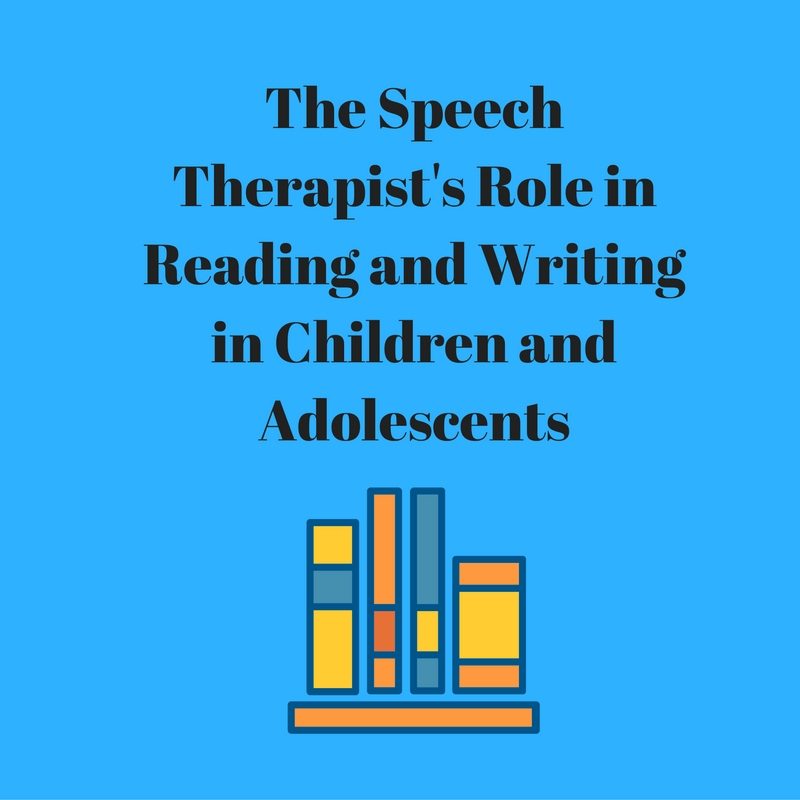The Resourceful Adolescent Program Raptr
OVERVIEW The Resourceful Adolescent Program is a school-based, eleven-session intervention program aimed at preventing depression in adolescents. Through group treatment aimed at Year 9 adolescents, sessions use a combination of approaches, including cognitive-behavioral therapy and addressing interpersonal risk and protective factors for depression. A parallel program for adults, consisting of three sessions, is also in place to address severe family conflict as a risk factor, as well as the protective factors of warm and responsive parent-adolescent relationships. An evaluation of the program found that there were significant positive impacts on lowering depression immediately following the intervention program. While depression scores remained slightly lower through the 18-month follow-up, the small, continuing positive impacts were only statistically significant according to one of the two measures of depression (Reynolds Adolescent Depression Scale and not the Beck Depression Inventory).
The Rap Programs
Rap
DESCRIPTION OF PROGRAM Target Population: Early to late adolescents The intervention consists of having adolescents participate in eleven weekly group treatment sessions (designed to be composed of 8 to 12 student participants per group), conducted by teachers for 40 to 50 minutes during school class time. Sessions 1 through 7 are based on cognitive-behavioral therapy approaches (including establishing rapport, affirmation of existing strengths, promoting self-management and self-calming skills in the face of stress, cognitive restructuring, and problem solving), while sessions 8 through 10 are focused on addressing interpersonal risk and protective factors in adolescent development (including building and accessing psychological support networks, and interpersonal components designed to promote family harmony and avoid escalation of conflict). Session 11 consists of a summary and termination of the program.
The Resourceful Adolescent Program: A Universal Approach to the Prevention of Depression in Adolescents Ian M. Shochet Griffith University Roslyn Montague. Come join us for our Resourceful Adolescent Program! The Resourceful Adolescent Program (RAP-A) aims to help teenagers between the ages of 11. The Resourceful Adolescent Program is a school-based, eleven-session intervention program aimed at preventing depression in adolescents. Through group treatment aimed at Year 9 adolescents, sessions use a combination of approaches, including cognitive-behavioral therapy and addressing interpersonal risk and protective factors for depression.

During the interpersonal component of the intervention, perspective taking, role transitions during adolescence, and skills for broadening social support and promoting harmony/avoiding conflict are emphasized. Parents also participate in three group-based sessions held at three-week intervals during the eleven-week period of the adolescent program.
Each session lasts for three hours and is designed to focus on the risk factor presented by severe family conflict and the promotion of protective factors through warm and responsive parent-adolescent relationships. Specifics of the sessions include identifying existing parental strengths, identifying and managing stress to encourage more effective and calm parenting (session 1), providing information on normal adolescent development, strategies for promoting adolescent self-esteem, balancing issues with attachment and independence (session 2), and providing strategies to manage conflict and promote family harmony (session 3). Each component of the Resourceful Adolescent Program has its own separately priced materials, but for the adolescent and parent programs discussed above, both have group leader’s manuals priced at $68 each and participant workbooks for $15 each. EVALUATION(S) OF PROGRAM Evaluated population: 540 Year 10 and Year 9 (ages 13 and 14) students from two different schools (selected due to the ethnicity of nearly all students being either Pakeha or Maori) in Auckland, New Zealand were recruited for the study, with 392 agreeing to participate and returning written consent forms. To be included in the study, students had to both return the consent form and be able to speak English.
Participants were not significantly different at baseline. The majority of students were ethnically Pakeha (60% and 58% – intervention and placebo) or Maori (25% and 30%). Approach: Participating students were randomly assigned to either the intervention (RAP- Kiwi, N=192) or control group (placebo, N=172). Control conditions consisted of students engaging in a program that emphasized having fun, rather than actually preventing depression. Students in the placebo had weekly group meetings with a supportive adult that allowed them to take time away from regular classes. Activities for this condition were focused around arts and crafts rather than cognitive-behavioral therapy techniques. The intervention was adapted to be applicable to New Zealand adolescents, and materials were provided in English and Maori.
Order Form
To measure the effectiveness of the intervention, the Beck Depression Inventory II (BDI-II) and the Reynolds Adolescent Depression Scale (RADS) were used to indicate levels of depression in students. Both measures were administered, and data were collected, at baseline, immediately following the conclusion of the intervention, and at 6, 12, and 18 month follow-ups. Results: Immediately following the intervention, a significant reduction in depression scores was found for students in the intervention group, on both measures of depression. For the follow-up periods, depression scores were significantly lower across all time points for intervention group students (than those in the placebo group), but only on the RADS measure. This demonstrated a small, significant impact. SOURCES FOR MORE INFORMATION References Merry, S., McDowell, H., Wild, C.J., Bir, J., & Cunliffe, R. A randomized placebo-controlled trial of a school-based depression prevention program.
Journal of the American Academy of Child Adolescent Psychiatry, 43(5), 538-547 Website: KEYWORDS: Adolescents, Middle School, High School, Males and Females, School-based, Cost Information is Available, Manual is Available, Counseling/Therapy, Parent or Family Component, Depression/Mood Disorders, Parent-Child Relationship Program information last updated 7/21/11.